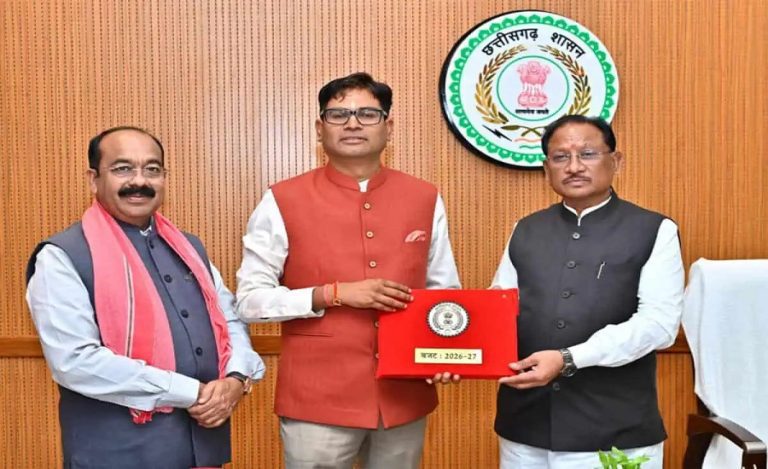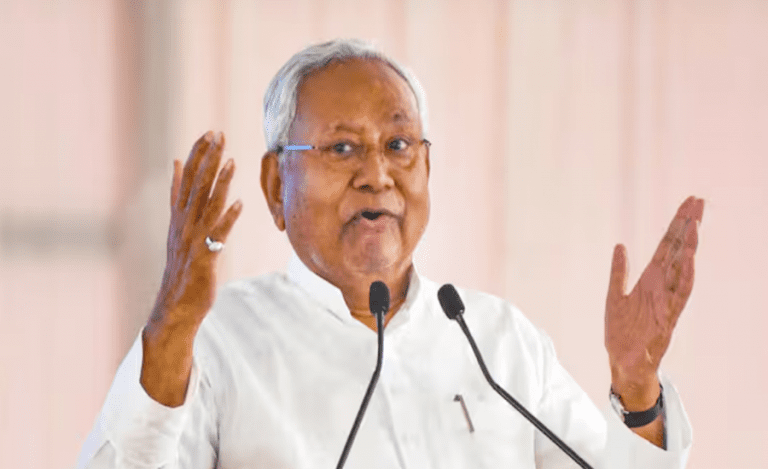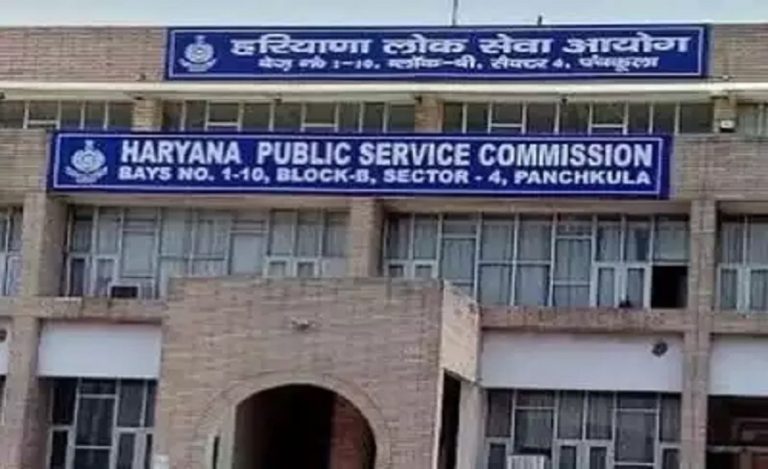New Delhi: The Delhi High Court has held that the Prevention of Money Laundering Act (PMLA) is designed to balance enforcement powers with individual rights. A division bench of Justices Subramonium Prasad and Harish Vaidyanathan Shankar delivered this observation while examining procedures for retaining seized or frozen property.
Court Emphasises Procedural Safeguards
The bench noted that before the Enforcement Directorate (ED) seeks approval from the adjudicating authority to retain property, an authorised officer must first issue a written order justifying the need. This order permits retention for up to 180 days. Without it, the adjudicating authority cannot assess whether property is linked to money laundering.
“The PMLA strikes a delicate balance between empowering agencies and protecting rights,” the judges observed. They stressed that search, seizure, freezing, and attachment processes are embedded with safeguards to prevent arbitrary action.
Judicial Oversight Essential
The Court highlighted that judicial and quasi-judicial supervision was built into the law to protect constitutional values. “The integrity of this framework rests on rigorous compliance with procedural mandates,” the bench remarked. It reiterated that when a statute prescribes a method, it must be followed strictly.
Case Background
The case stemmed from the ED’s challenge to a February 2019 order of the PMLA Appellate Tribunal. The tribunal had rejected the agency’s request to retain properties seized in connection with a case against chartered accountant Rajesh Kumar Aggarwal.
The ED alleged that businessmen Surendra Kumar Jain and Virendra Jain laundered funds during 2008–09 by channeling cash from Jagat Projects into companies they controlled, disguising it as inflated share subscriptions. According to the agency, Aggarwal acted as a co-conspirator.
The High Court affirmed that procedural safeguards must guide every stage of action under PMLA, ensuring proportionality and independent scrutiny.
Also Read: Delhi High Court Seeks Explanation on LG Order Allowing Police to Testify from Stations




























